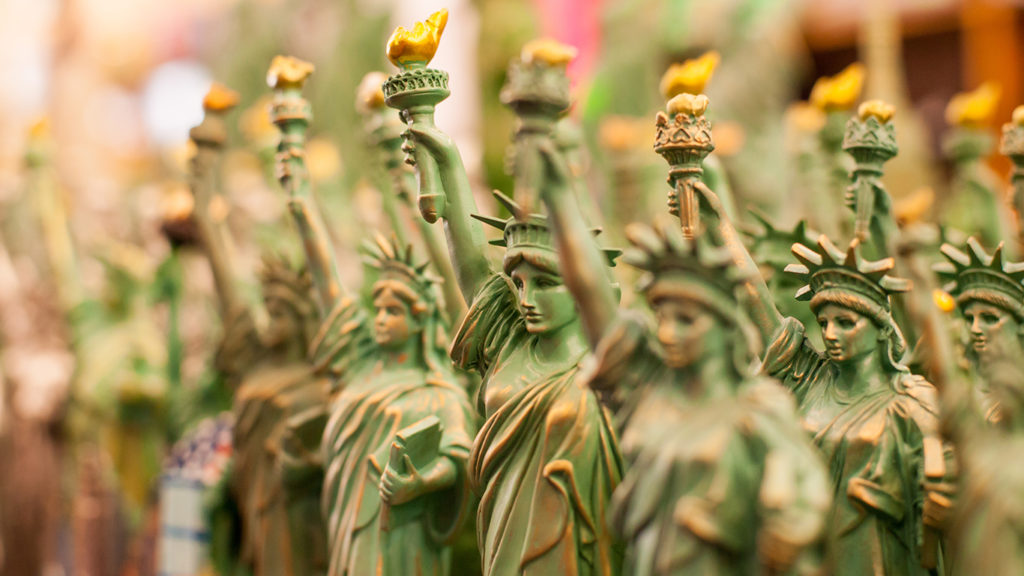
Just in time for the mid-term elections, President Donald Trump proposed an executive order ending so-called birthright-citizenship. For all children of non-American citizens, this triggered an intensely emotional response. As an adoptee, I wondered where do I fit within this?
In the year 2000, the Census included the option of “adopted son/daughter” to clarify familial relationships. Over 2 million people identified as adoptees. This question did not specify whether the adopted parent was a relative, if the adoption was international or domestic, or whether the adoption was through a private or public agency. In the context of Trump’s proposed ban, this information becomes more significant.
Adopted parents are legally the parental guardians of adopted children. Would President Trump care? Within recent decades, adopted families have become more racially diverse as parents turn towards international adoption. For adoptees to become citizens, they must obtain a Certificate of Citizenship issued by the U.S Citizenship and Immigration Services. Adoptees can also obtain a U.S. Passport using the final adoption decree. Under the Immigration and Nationality Act, a “child” is categorized as being under sixteen years and in the legal custody of their adopted parent for at least two years. Citizenship is only automatically acquired when at least one of the parents is a citizen (whether by birth or naturalization), the child is in the legal and physical custody of the citizen parent, and when these other stated qualifications are met.
In the light of Trump’s recent declaration, it is important to remember how these clauses are very specific. While this proposed executive order is unconstitutional, there are places within established laws that would exclude adoptees from gaining citizenship. These laws can be re-examined, similar to the discontinuation of Russian adoptions within the United States with the Dima Yakovlev Law.
The rhetoric of separating families repeats here. Adoption provides an invisible weaving between nations that simultaneously makes borders irrelevant. However, I can’t help but imagine myself on a plane, travelling from the United States to Russia where I was born. It is within this image I begin to think about my “home.” It upsets me to imagine the nonchalance in Trump’s announcement as this separation from my family would be devastating and world-changing. I would not be returning to a “home,” but to a foreign country and culture that I have no relation to. As President Trump reimagines citizenship within his presidency, I urge that we consider adopted children within these policies and protect them as current services and resources aimed to help adoptees are limited.
For parents of adopted children, please make sure that you have obtained citizenship for your child. This is not automatic. My adoption gave me access to health, love, and care. I am proud to be adopted. My citizenship has given me access to education, work, and a life. This needs to be protected, and we need to start thinking about where adoptees fit within this issue and within our larger culture and society.
(Photo Credit: Adoptee Rights Campaign / World Hug Foundation)